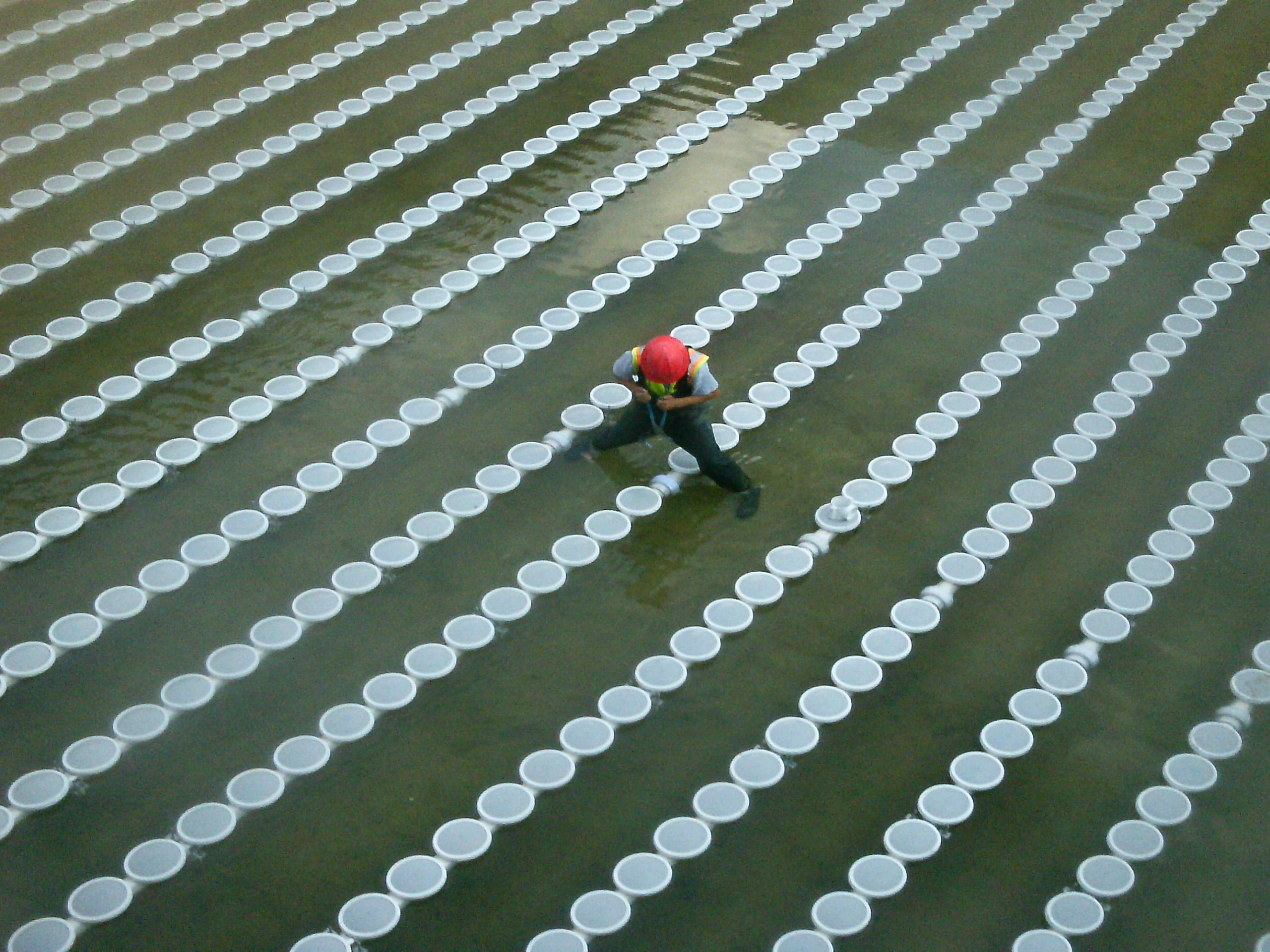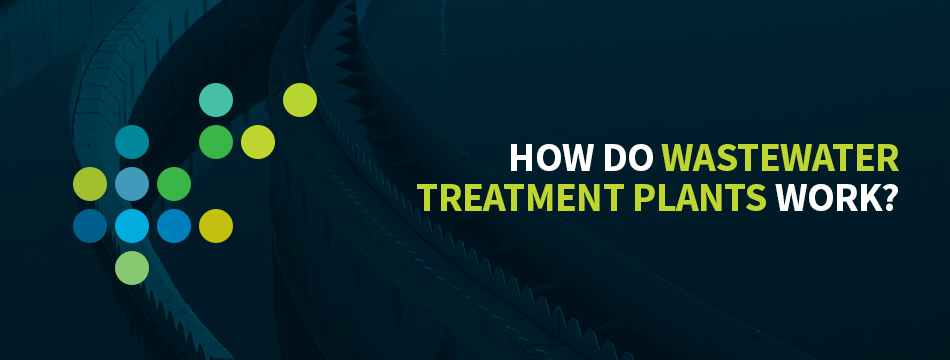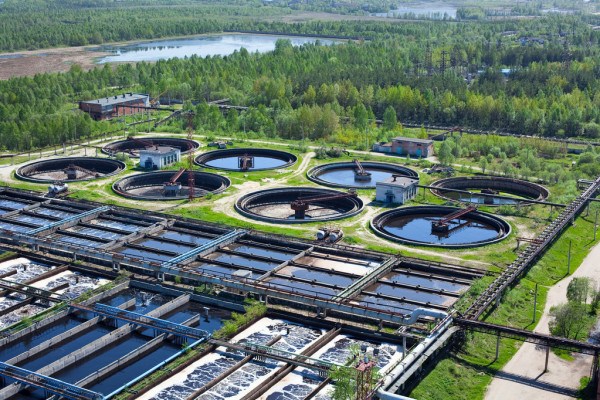Contact Us Today
Meat Processing Wastewater Treatment
People worldwide consume meat daily, whether it’s from a cow, pig, chicken or other animal. Most meat processing occurs in slaughterhouses with water-intensive processes, meaning it’s crucial to have a wastewater treatment solution that helps optimize water usage. Learn more about applications, challenges and solutions for meat processing today.
Applications
Meat processing covers various operations, meaning the best wastewater treatment plan can change depending on the processes. Common types of meat-processing plants include:
- Cattle
- Poultry
- Goats
- Hogs
- Sheep
The meat-processing plant’s functions are also important. In some scenarios, the plant may only be a slaughterhouse. Other facilities may also cut and wrap meat or perform meat packaging. Consider the applications used, as they can affect the wastewater and contaminants produced.
Contaminants
The meat-processing industry produces numerous contaminants that can enter wastewater. Most of these are biological on demand (BOD) or chemical on demand (COD) entities, which can create problems for municipal plants — making in-house treatment beneficial.
Some contaminants present in meat-processing facility or slaughter process wastewater include:
- Cleaning contaminants
- Fats, oils and greases
- Pathogens
- Animal waste products
- Slurries
- Blood
- Proteins
- Meat remnants
When these enter the wastewater, problems can arise. Many municipalities cannot handle this wastewater, which can be problematic for meat-processing plants.
Common Challenges in the Meat-Processing Plant Industry
The meat-processing industry and poultry processors face several wastewater challenges. Some of the most prominent issues include:
- Environmental impact: The hazardous material that enters the wastewater at meat production plants could affect the environment negatively. Proper wastewater treatment helps protect the Earth from these substances.
- Surcharges and fees: If meat-processing facilities sent their contaminated wastewater to a municipal treatment facility, they would likely pay higher prices. Treating water on premises helps reduce or eliminate these.
- Permit violation: Sending wastewater to municipal plants can overwhelm them, which can either violate or get a permit revoked. In-house water treatment helps keep a business up and running.
Importance of Aeration in Meat-Processing Wastewater Treatment
Aeration for meat-processing wastewater systems helps keep BOD and total suspended solids within permit levels. It also helps minimize sludge, prevent odors and keep a wastewater lagoon in compliance. Fine bubble aerators are often among the best choices for meat processing aeration because they offer high oxygen transfer efficiency.
Pair fine bubble aerators with a turbulent mixing form to get the most effective option for suspending solid wastes. Whether a client needs to replace a system or install a new one, SSI Aeration, Inc. has the right system for many requirements.
Wastewater Systems for Meat Processing
SSI Aeration, Inc. has multiple wastewater treatment systems and solid separation screens suitable for meat-processing facilities. These options include:
- Moving bed biofilm reactor (MBBR) systems: An MBBR system can efficiently handle high volumes of water. It is also user-friendly and relies on microorganisms to remove most of the organic substances in the wastewater.
- Integrated fixed film activated sludge (IFAS) systems: An IFAS system mixes the biofilm into an activated sludge basin. Most of the time, IFAS systems can be retrofitted onto existing activated sludge systems.
- Tertiary systems: Tertiary water treatment has three processes. The last level is the most intensive and makes the water safe to reuse for other processes — or, in some cases, drink.
Choose SSI Aeration, Inc. for a Wastewater Treatment System
Meat-processing facilities require wastewater systems that will help remove contaminants and address common industry challenges. SSI Aeration, Inc. offers several solutions that can fit these needs. Contact the team today to learn more about SSI Aeration, Inc.’s wastewater systems.
Contact Us
Diffusori tubolari a bolle fini
I diffusori tubolari di aerazione SSI e i materiali di qualità avanzata per le membrana offrono un’elevata resistenza alle sostanze chimiche e agli agenti contaminanti, oltre a trasferimento di […]

Come funzionano gli impianti di trattamento delle acque reflue?
Il trattamento delle acque reflue è vitale per comunità ed ecosistemi sani. Fornisce acqua pulita e salutare per uso industriale e municipale, riduce la trasmissione di malattie e aiuta […]







